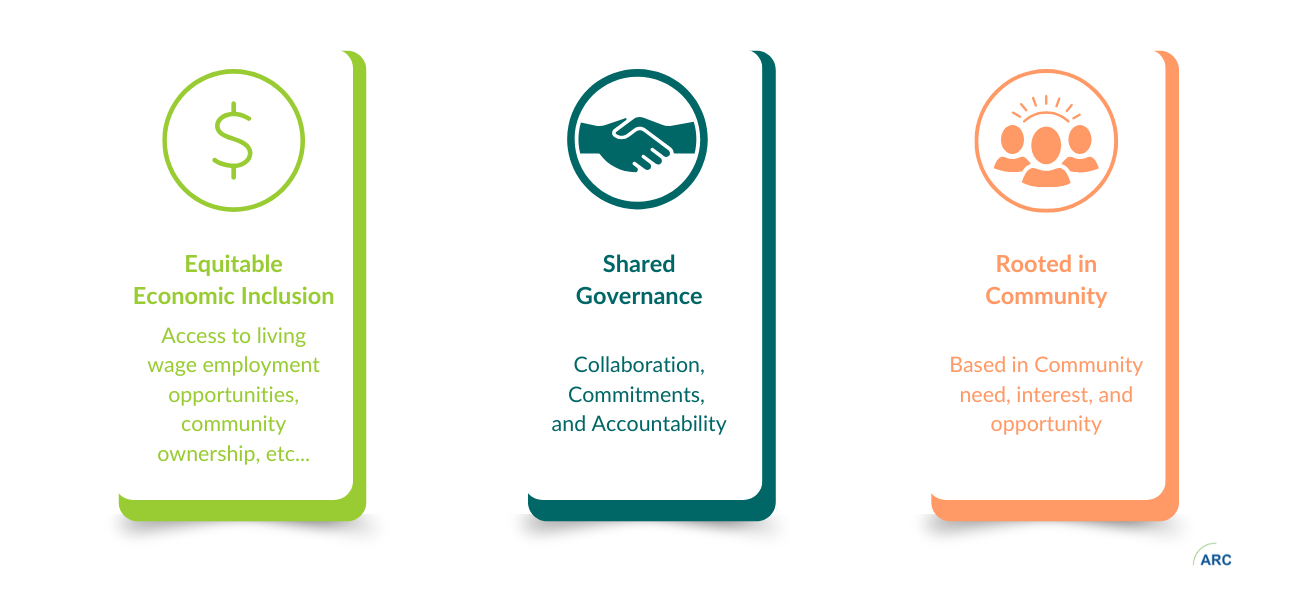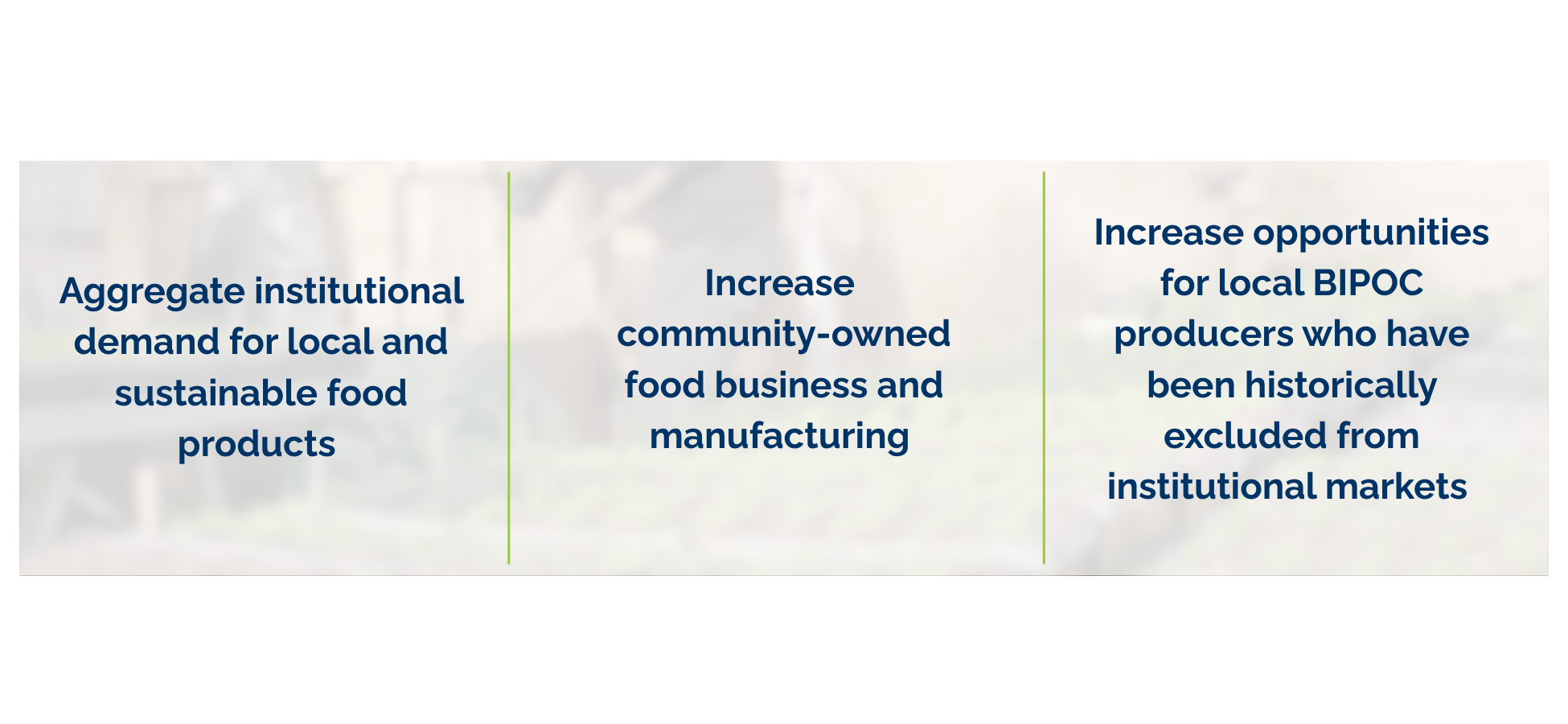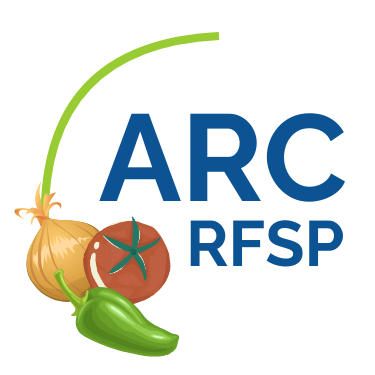Community Climate Equity Initiative (CCEI)
The Community Climate Equity Initiative (CCEI) brings together community partners, cities/counties, anchor institutions, and others to co-develop and support local renewable energy and climate resilience projects, policy, and economic development efforts. These projects will be deeply rooted in community interest and need and will promote equitable economic inclusion practices that advance community ownership. CCEI will operate under a shared governance model to ensure collaborative commitments and measures of accountability.
Three Pillars of CCEI


This project aims to foster anchor and community co-development of plans to improve community climate equity and resilience through resilience hubs.
Activities:
- Strategic partnerships
- Ensuring equitable decision-making
- Development of benchmarking and success metrics
- Co-design and development of a community climate resilience strategy
Outcomes:
- Resilience hub pilot established
- Implementation process and developed
- Community agreements, MOUs, and resource transfers
Read the CCEI Progress Report to learn more about the outcomes of the pilot!
Food Systems
Anchor institutions procure food for their programs and services at a very large scale, but a very small percentage of their total food spend goes to small-scale, local Black and Brown farmers and producers. The contracts and forward agreements used in the institutional food market could allow small-scale farmers and producers to grow and scale their businesses, but market-based barriers to entry prevent their participation and create gaps between anchors and small-scale farmers and producers.
Strong, equitable, regional food systems can play a major role in building community health, wealth and climate resilience. By investing in communities most negatively impacted by the current food system’s health and economic inequities, the potential exists to reinvigorate local food production, processing and distribution networks while simultaneously reducing the greenhouse gas emissions associated with conventional food production and transportation. Institutional commitments to purchasing local, sustainable and equitably-grown food can be a main driver in the success of a regional food system.
One of the unique innovations that ARC brings to the existing network is its potential for leveraging institutional procurement resources in concert with philanthropic and hospital community benefit resources around the aim of increasing health, wealth, and resilience outcomes for the communities most negatively impacted by the current system.
Goals:

USDA Regional Food System Partnerships

The RFSP explores how to build and support infrastructure that is accessible to small, BIPOC, organic, and regenerative farmers and will help growers and Northern California food hubs access new markets. The project will increase collaboration through a value-added market strategy in the California Food Infrastructure Collaborative.
Problem
-
Corporate contracts and market consolidation block farmers and food hubs from selling to institutions
-
Institutions have severe labor constraints and need much more pre-cut and value-added foods than whole and fresh produce
-
They also need stable volumes, competitive pricing and clear reporting to achieve their sustainability goals
Solution
-
Consolidate back: One processing center all values-based farms and food hubs can use, to compete with large suppliers at scale
-
Product development that solves problems: create precuts, sauces, condiments, and more that are local, sustainable labor saves
-
Coordinate production with local farmers to stabilize price, volume, and embed values-based data through the chain
Resources
- Public Learning Session #1 - Partnerships Across the Food Value Chain (Webinar) | (Slide Deck)
- Public Learning Session #2 - Catalyzing A Local Food Processing Network in the Capitol Corridor (Webinar | Passcode: f?Ji8w!C) | (Slide Deck)
- Buyer's Convening #1 (Slide Deck)
- Buyer's Convening #2: Marcellus Foods Follow-up (Slide Deck)
- Supplier Convening (Webinar)
- Yolo Food Hub Summary
- Yolo Food Hub Opportunity
